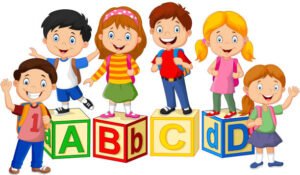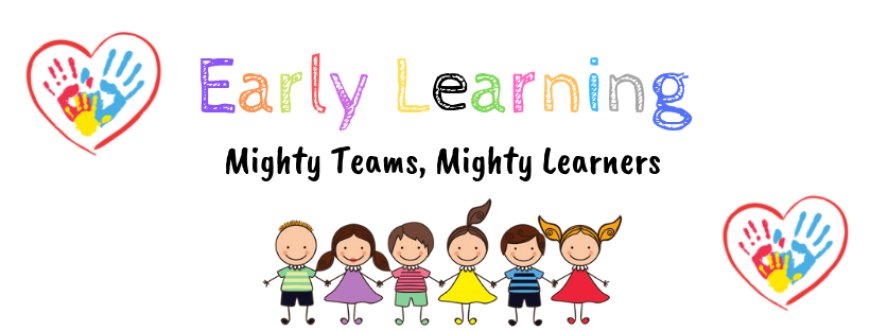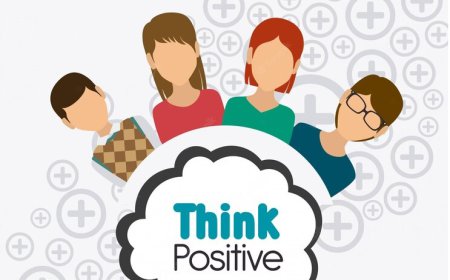Early childhood is a critical phase in a child's development, laying the foundation for their future success and well-being. Early childhood education plays a pivotal role in nurturing young minds, promoting holistic growth, and building the essential skills and knowledge that will shape their lives. This article explores the importance of early childhood education, highlighting its key benefits, the impact it has on children, and the long-term advantages it offers.

1. Development of Cognitive Skills
Early childhood education focuses on stimulating cognitive development during the crucial years of a child's brain development. Through age-appropriate activities and play-based learning, children develop crucial cognitive skills such as problem-solving, critical thinking, language acquisition, and early numeracy. These skills form the basis for future academic achievements, as they provide children with a solid cognitive framework and the ability to learn and adapt in later stages of their education.
2. Social and Emotional Development
Early childhood education provides a nurturing environment where children learn essential social and emotional skills. They engage in social interactions, develop empathy, and learn how to cooperate, share, and communicate effectively. This early exposure to social settings fosters the development of emotional intelligence, self-regulation, and the ability to form positive relationships. These skills lay the groundwork for healthy emotional well-being and successful social interactions throughout their lives.
3. Language and Communication Skills
During the early years, children's brains are highly receptive to language acquisition. Early childhood education exposes children to rich language experiences, vocabulary building, and communication activities that promote language development. By engaging in conversations, storytelling, reading, and role-playing, children develop strong language skills, enhance their listening abilities, and build the foundation for literacy, which is crucial for academic success in later years.
4. Early Literacy and Numeracy Skills
Early childhood education introduces children to the world of literacy and numeracy in a playful and engaging manner. Through age-appropriate activities, storytelling, and hands-on experiences, children develop early literacy skills such as letter recognition, phonemic awareness, and pre-reading skills. Similarly, they gain a basic understanding of numbers, shapes, and patterns, establishing a solid foundation for later mathematical concepts. Early exposure to literacy and numeracy prepares children for a smooth transition to formal education.
Read more:
The Role of Experiential Learning: Beyond the Classroom Walls
5. Encouraging Curiosity and Lifelong Learning
Early childhood education nurtures children's innate curiosity, creativity, and love for learning. By providing a stimulating and enriching environment, it encourages exploration, discovery, and active engagement with the world around them. Children are encouraged to ask questions, think critically, and develop a thirst for knowledge. This love for learning becomes the driving force behind their educational journey, fostering a lifelong passion for continuous growth and intellectual development.
6. Equalizing Educational Opportunities
Early childhood education plays a crucial role in equalizing educational opportunities for children from diverse backgrounds. It helps bridge the gap between advantaged and disadvantaged children, providing a level playing field for their future success. By focusing on early interventions and quality education, early childhood programs ensure that all children, regardless of their socioeconomic status, receive the necessary support and resources for optimal development.
Conclusion
Early childhood education is a powerful investment in the future of our children and society as a whole. By nurturing cognitive, social, emotional, and language skills, early childhood education builds strong foundations for success. It empowers children to become lifelong learners, critical thinkers, and socially adept individuals. Let us recognize the significance of early childhood education and strive to provide quality educational experiences during these crucial years, ensuring a bright and promising future for our children.
Follows Us for More Updates
Like Us on Facebook Page :
Click Here
Like Us on Instagram :
Click Here 






























